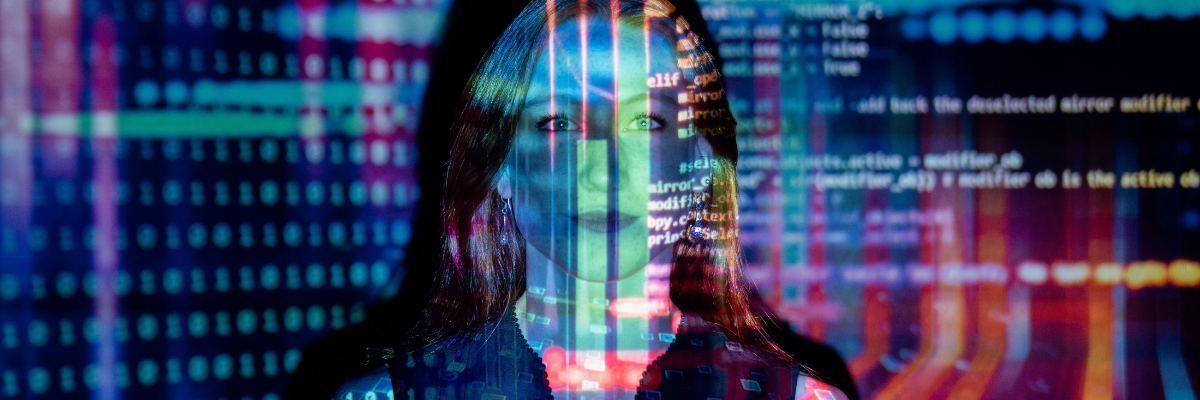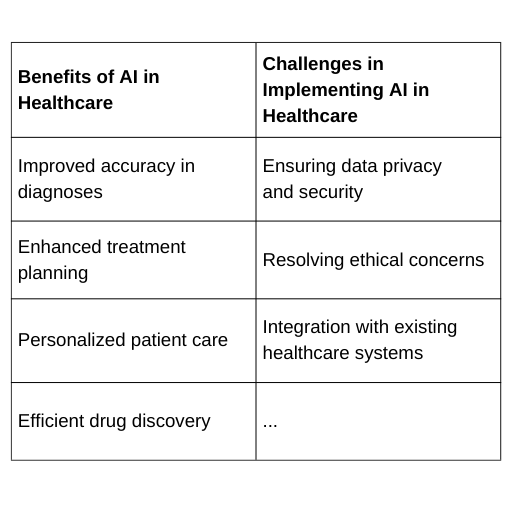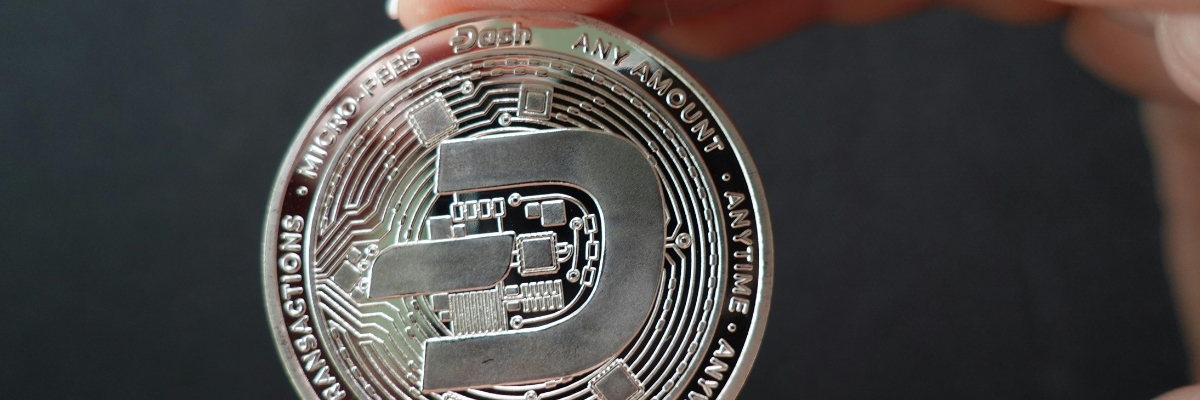Embracing Tomorrow: Top 10 World-Changing Tech

Our world is constantly reshaped by a flood of revolutionary tech breakthroughs. From AI to blockchain, these advancements have the power to redefine how we live, work, and connect. To seize the future, we must embrace these transformative technologies that propel us onward.
Key Takeaways
Revolutionary technologies are revolutionizing our world.
Artificial intelligence is transforming industries and decision-making processes.
Blockchain technology offers decentralized and secure solutions across various sectors.
Renewable energy sources are driving the shift towards clean technology.
The Internet of Things is connecting devices and transforming our daily lives.
AI Revolution: Reshaping Our World
AI’s rise is a game-changer, transforming how we live and work. From automating tasks to crunching data and aiding decisions, AI impacts numerous industries. As it surges, AI becomes ingrained in our daily lives, driving innovation and unlocking possibilities.
AI’s learning and reasoning capabilities have skyrocketed, empowering machines to handle tasks once requiring human intelligence. This translates to significant boosts in efficiency, accuracy, and productivity across various domains.
A prime example is the automation revolution fueled by AI. Businesses leverage AI algorithms and machine learning to streamline processes, minimize errors, and maximize efficiency. From factories to customer service, AI automation is reshaping industries, freeing humans for more strategic work.
“AI-powered automation is revolutionizing industries and enabling organizations to focus on higher-value tasks.”
Data analysis is another area AI conquers. AI algorithms sift through massive datasets, uncovering hidden patterns and insights humans might miss. These insights empower businesses to optimize operations, spot trends, and improve customer experiences through smarter decisions.
AI also personalizes user journeys. Platforms leverage AI recommendation engines to curate content, products, and services specifically for each user, creating highly personalized and engaging interactions. This personalization boosts user satisfaction, fosters loyalty, and ultimately fuels business growth.

AI Heals: Revolutionizing Modern Medicine
AI is rapidly transforming healthcare, impacting everything from diagnoses to treatment plans and drug discovery. AI tools act as assistants to doctors, analyzing medical images for abnormalities and aiding in accurate and timely diagnoses. These tools can further analyze patient data, medical history, and research to suggest optimal treatment plans.
Beyond diagnostics, AI-powered chatbots and virtual assistants are transforming patient care. These AI solutions provide 24/7 personalized support and information, answering questions, offering health advice, and even emotional support. This improves access to care and empowers patients to be active participants in their health journey.

As AI continues to evolve, addressing these challenges is essential. By overcoming these hurdles, AI has the potential to revolutionize healthcare, leading to significant improvements in patient outcomes globally.
More Than a Buzzword
AI is not just a fad; it’s a transformative technology reshaping our world. Its impact is undeniable in automation, data analysis, and now, healthcare. As AI advances, it holds the potential to revolutionize numerous sectors and tackle complex challenges, paving the way for a healthier, more connected, and more efficient future.
The Power of Blockchain Technology
Blockchain technology is a rising star in the digital world, promising to change how we do business in many areas.
At its core, blockchain is a special record-keeping system shared across a network of computers. Unlike traditional systems with one boss, everyone on the network works together to verify and store information securely. This cuts out the middleman, making things faster and cheaper.
One of blockchain’s biggest strengths is its high security. Special coding makes information nearly impossible to tamper with, perfect for situations where trust is essential, like financial transactions.
Another key feature is that no single entity controls the data. This builds trust among users and eliminates a single weak spot that could be exploited. It’s also very hard to cheat the system, making it even more secure and reliable.
Blockchain’s impact goes beyond finance. Supply chain management and healthcare are using it to track things more clearly and follow their history. By recording every step on a blockchain, everyone involved can be sure products are real and haven’t been tampered with, reducing fraud.
In healthcare, blockchain can securely share patient data between doctors while keeping it private. This improves the quality of care while protecting patients’ information. Additionally, blockchain-based smart contracts can automate tasks and streamline processes, reducing paperwork and boosting efficiency.
“Blockchain has the potential to remake finance by offering secure, transparent, and efficient solutions for payments, money transfers, and automated agreements.” – Jane Monroe (CEO, GlobalFinTech)

From Theory to Reality: Blockchain’s Impact Now
Blockchain isn’t just a futuristic idea anymore. It’s having a real impact on how we operate in several industries:
- Revolutionizing Finance: Forget slow, expensive international payments. Platforms like Ripple use blockchain to make sending money across borders faster, cheaper, and safer for banks.
- Supply Chain Transparency: Imagine tracking a product from farm to store. Blockchain solutions like VeChain make this possible. Every step is recorded, ensuring products are genuine and haven’t been tampered with.
- Healthcare Transformation: Sharing patient data securely is now easier. Blockchain networks allow doctors to share patient information safely and efficiently, improving care coordination while keeping data private.
These are just a few examples of how blockchain’s versatility is reshaping industries. It’s offering secure, transparent, and efficient solutions that are changing the game.
Blockchain Beyond Finance
Blockchain’s decentralized structure prevents any one entity from controlling the data. This fosters trust between users and eliminates a single weak point vulnerable to attack. It’s also very hard to tamper with the system because of this decentralization, making it even more secure and reliable.
This technology’s influence reaches beyond finance. Supply chain management and healthcare are using blockchain to improve transparency and track history. Every step recorded on a blockchain assures everyone involved that products are genuine and haven’t been tampered with, ultimately reducing fraud.
In healthcare, blockchain can securely share patient data between doctors while keeping it private. This improves the quality of care while protecting patients’ information. Additionally, blockchain-based smart contracts can automate tasks and streamline processes, reducing paperwork and boosting efficiency.
A Brighter Future: The Rise of Renewables
Elon Musk captured the essence of the energy revolution: “The future belongs to renewable energy. It’s not just a question of whether, but when and how we transition to a sustainable future.”

As climate change looms and energy demands rise, renewables are more than just a hopeful alternative; they’re a critical solution.
Leading the charge is solar power, harnessing the sun’s abundant energy. With falling costs and ever-more efficient technology, solar is becoming increasingly affordable. Homes with rooftop panels and vast solar farms alike are contributing clean and reliable electricity, reducing our dependence on fossil fuels.
Wind power is another rapidly growing source, capturing the wind’s energy through turbines. Advancements have led to larger, more efficient models, generating greater electricity. Wind farms, both offshore and onshore, are becoming a familiar sight, significantly contributing to clean energy production.
For decades, hydroelectric power has been a dependable renewable source. Large dams and reservoirs harness the power of rivers and waterfalls, generating electricity on a massive scale. Clean, predictable, and highly available, hydroelectric power is a crucial component of a sustainable energy mix.
Beyond these established players, geothermal and biomass hold exciting potential. Geothermal energy taps into the Earth’s heat for electricity and heating, while biomass energy utilizes organic waste like wood chips and municipal waste as a renewable alternative to fossil fuels.
The future of renewable energy is brimming with potential. Technological advancements are happening alongside growing public awareness and government initiatives, all driving the transition towards sustainable solutions. Countries and companies are increasingly investing in renewable projects, recognizing the economic and environmental benefits they bring. As we embrace clean technology and renewable energy, we pave the way for a brighter, greener future.
Balancing the Mix: Challenges and Considerations
While each renewable energy source offers advantages, they also come with challenges:
- Solar Power: Reliant on sunlight availability and requiring an initial investment.
- Wind Power: Variable wind patterns and potential impact on wildlife.
- Hydroelectric Power: Can have environmental impacts on ecosystems and limited geographical availability.
- Geothermal Energy: Limited geographical availability and high upfront costs.
- Biomass Energy: Air pollution from combustion and competition for land use.
Understanding these challenges is crucial for developing a balanced and sustainable energy mix for the future.
The Connected Age: How IoT is Transforming Our World
The Internet of Things (IoT) has sparked a connectivity revolution, fundamentally changing how we interact with technology in daily life. This technological wave has created a network of interconnected devices and systems that work together seamlessly, boosting efficiency, convenience, and communication.
At its core, the IoT connects a vast network of devices, from everyday gadgets like fitness trackers and smart speakers to industrial sensors and even self-driving cars. These devices are equipped with software brains and internet connectivity, allowing them to collect and share data. This exchange of information unlocks a new era of automation and data-driven decision-making.
The impact of IoT starts at home. Imagine smart thermostats and lights that adjust automatically, saving energy and money. Security cameras you can control remotely offer peace of mind. But the benefits extend beyond your doorstep.
Cities are getting smarter with IoT. Traffic lights that adjust to congestion ease commutes and reduce pollution. Smart waste management systems optimize collection routes, saving resources and making cities cleaner.
The ripple effects of IoT extend far beyond homes and cities. Industries are using connected sensors to predict equipment failures before they happen, preventing costly downtime and boosting efficiency. In healthcare, the IoT allows for remote patient monitoring, improving care and potentially reducing hospital stays.
This interconnected future promises a smarter world, but it’s not without challenges. As more and more devices collect our data, security and privacy concerns become paramount. We need to ensure this web of connection is built on a foundation of trust and safeguards.
The IoT revolution is weaving a web of connection, reshaping our world. By enhancing efficiency, convenience, and communication, it’s propelling us towards a smarter, more interconnected future. However, this future requires careful consideration of security and privacy concerns as more and more devices collect our data.
Despite the challenges, the potential of the IoT is undeniable. It’s a connected revolution with the power to transform everything from our daily routines to the way our cities function. As we embrace this connected future, we have the opportunity to build a smarter, more efficient, and sustainable world.
Conclusion : Technologies Shaping Our Tomorrow
We’ve explored ten revolutionary technologies poised to reshape our world. From the intelligent automation of Artificial Intelligence (AI) to the secure, decentralized world of blockchain, and from the clean energy revolution of renewables to the interconnected future of the Internet of Things (IoT), these advancements are fundamentally altering how we live, work, and connect.
Thriving in tomorrow’s world means embracing these disruptive technologies. AI streamlines automation and decision-making, while blockchain brings security and decentralization to countless industries. Renewable energy propels us towards a sustainable future, and the IoT fosters unparalleled efficiency and communication through interconnected devices.
By actively engaging with these advancements, we shape a brighter tomorrow. Our willingness to embrace change, think creatively, and harness the power of these innovations will redefine our world. The possibilities are boundless. By staying at the forefront of these developments, we propel ourselves towards a future brimming with potential.
Photos by Pexels